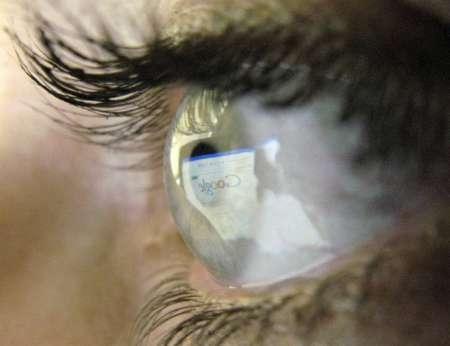Sunday Times 2
Six in ten don’t get enough sleep
If you spent last night tossing and turning, you were not alone.
Britain is in the midst of an epidemic of sleeplessness, an expert has warned.
Research shows that almost six in ten of us are not getting enough sleep – a 50 per cent increase on just a year ago.
Experts blame the rise on growing numbers of us using smartphones, tablet computers and other gadgets in bed and in the hour or two before turning in.

Tossing and turning: Research shows that almost six in ten of us are not getting enough sleep. Experts blame the rise on growing numbers of us using smartphones, tablet computers and other gadgets in the hour or two before turning in (Reuters)
The blue light emitted by the screens reduces drowsiness and so makes it harder to fall asleep.
Psychologist Richard Wiseman commissioned YouGov to poll 2,149 adults about their night-time habits. The results were then weighted to make them representative of the population as a whole.
The average adult needs seven and a half to eight and a half hours of sleep a night – and seven hours or less is associated with numerous health problems.
The survey revealed that 59 per cent of us sleep for seven hours or less a night. This compares with a figure of 39 per cent from a poll carried out a year ago.
Professor Wiseman, of the University of Hertfordshire, said: ‘This is a huge rise and the results are extremely worrying because getting less than seven hours’ sleep a night is below the recommended guidelines and is associated with a range of problems, including an increased risk of weight gain, diabetes and cancer.’
The poll also found that 79 per cent of us use gadgets that emit blue light in the two hours before going to bed. This is a 20 per cent rise on a year ago.
Professor Wiseman, whose new book Night School delves into the science of sleep and dreaming, said: ‘The blue light from these devices suppresses the production of the sleep-inducing hormone melatonin and so it’s important to avoid them before bedtime.’
The survey also found that when we do sleep, few of us have sweet dreams, with just 10 per cent strongly agreeing with the statement ‘I would describe my dreams as pleasant’.
Professor Wiseman advises that poor sleepers banish their smartphones and other gadgets from the bedroom – and avoid using them at all in the two hours before going to bed.
Other tips for a good night’s sleep include clearing the mind by making a list of all the things you have to do the next day and eating bananas, which are rich in sleep-inducing carbohydrates and muscle-relaxing minerals.
And those who are still struggling to get to sleep are advised to tire out their brain by thinking of an animal for each letter of the alphabet – or getting up and doing a jigsaw.
© Daily Mail, London


